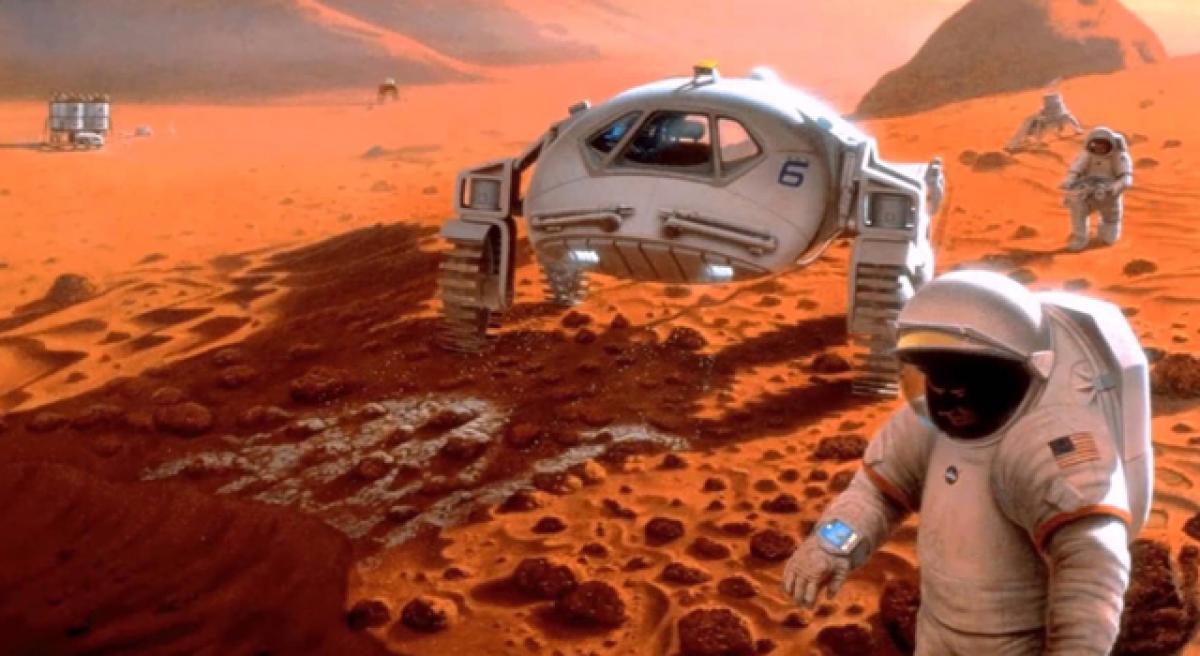Live
- BGT 2024-25: India will win Perth Test and series 4-1 to complete a hat-trick, opines Harbhajan
- Standing at work can actually be detrimental to BP: Study
- Election results: BlueKraft Digital Foundation CEO sees 'demographic shift and Ek hain toh..' as key takeaways
- Has Devendra Fadnavis replaced Sharad Pawar as new 'Chanakya of Maharashtra politics'?
- AAP celebrates Punjab wins, Kejriwal greets newly elected MLAs
- J&K Police recover Rs 4.48 lakh from financial frauds in Pulwama
- Neha Shetty ignites with golden look
- Nagarjuna makes interesting comments on ANR’s biopic
- Vijay Antony’s nephew Ajay Dhishan debuts as antagonist with ‘Gagana Maargan’
- ‘Thandel’ team releases striking b’day poster of Naga Chaitanya









